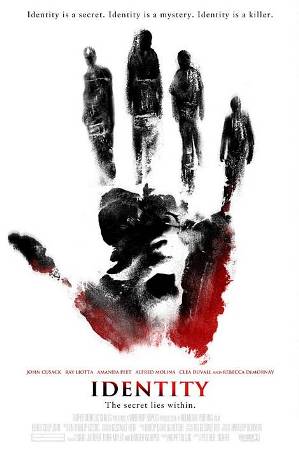You are what you click


People have traditionally used the touchstones of job, religion, age and occupation to form their view of who they are and where they fit in the world.
Not so much any more.
Increasingly, we are shaping our identities via our activity on online social networks like Facebook and gaming, according to the Future Identities report commissioned by Britain's chief scientist, Sir John Beddington, the BBC reports.
"Near continuous access to the internet, termed 'hyper-connectivity,' will drive profound changes to society over the next 10 years," the story states.
Beddington told the BBC that such hype-connectivity is "the most dynamic trend" in determining identity. The article notes that:
"The changing nature of identities will have substantial implications for what is meant by communities and by social integration. The study shows that traditional elements that shape a person's identity, such as their religion, ethnicity, job and age are less important than they once were.
"Instead, particularly among younger people, their view of themselves is shaped increasingly by online interactions of social networks and on online role playing games.
"The study found that far from creating superficial or fantasy identities that some critics suggest, in many cases it allowed people to escape the preconceptions of those immediately around them and find their 'true' identity. This is especially true of disable people who told researchers that online gaming enabled them to socialise on an equal footing with others."
The report adds that the trend could undermine social cohesion, but it also points out that online identities and social interactions can help mobilize change for both better and worse. It cites examples like the Arab Spring, London's 2011 riots, and support for London's Olympics.
I'll leave it up to you where those fit in the "better and worse" spectrum.
Here's a video that takes a wary view of the digital trend:
Image from Columbia Pictures via Wikimedia. Video by Andrew Lanser and Sabrina Rodriguez, via Vimeo.
More online existence on SmartPlanet:
- The 8-million-year origins of Facebook
- Facebook's worth $100B, trouncing companies that actually make things
This post was originally published on Smartplanet.com